The Advantages of Using Professional Trailer Transport Services in Bakersfield

Top Insights Comprehensive Overview of Trailer Transport in Bakersfield When it comes to transporting trailers, whether it’s for personal or business purposes, it’s essential to choose a professional trailer transport service that you can rely on. In Bakersfield, California, there are several advantages to using professional trailer transport services. These services offer a range of […]
Why Cross-Docking Is Different From Warehousing?

In the world of logistics and supply chain management, two key terms often come up: cross-docking and warehousing. These are two distinct approaches to handling and storing goods, each with its own set of benefits and drawbacks. In this article, we will explore the key differences between cross-docking and warehousing in Bakersfield, CA, and help you make […]
Connecting Bakersfield: The Latest Trends in Freight Shipping Services
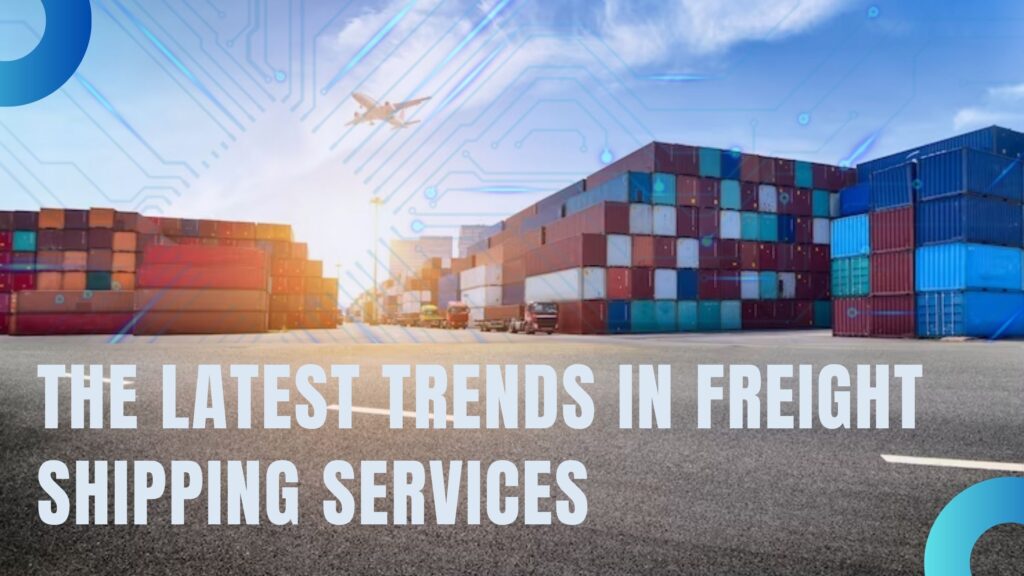
As citizens of Bakersfield, we’ve witnessed firsthand the bustling economy and the need for efficient logistics in freight shipping. Bakersfield, located inside the heart of California, is a important transportation hub for goods moving across the state and beyond. In this text, we will delve into the significance of streamlining freight shipping in Bakersfield, discuss […]
How Do Freight Brokerage Services Work?
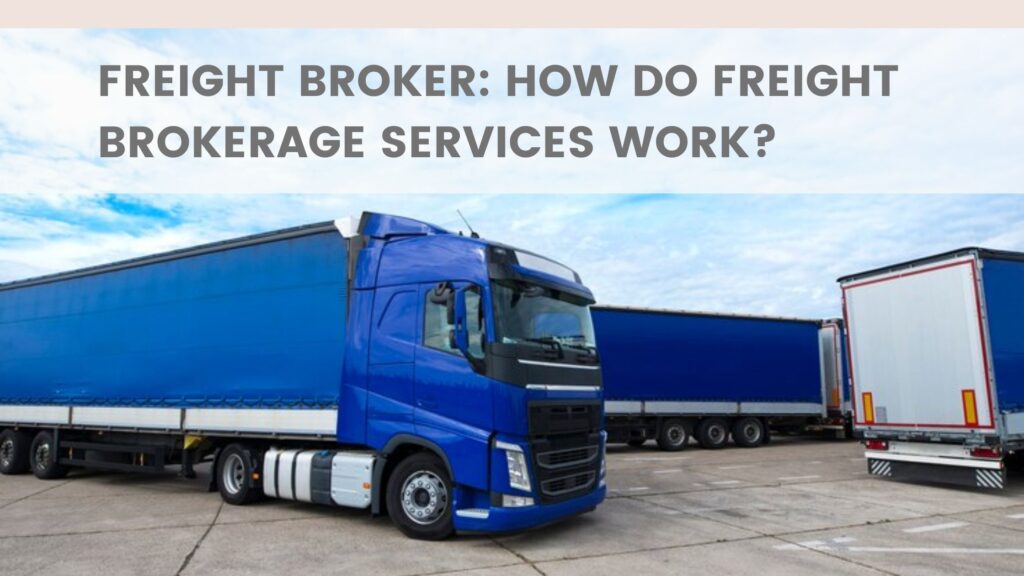
In the supply chain world, capacity is never guaranteed. This is where freight brokerage services usually step in. Traditionally, a broker acts as a middleman, a bridge connecting shippers who have cargo with carriers who have empty trucks. But for many shippers, the word “broker” brings up fears of lost control, unknown drivers, and a […]
Efficiency Unleashed: The Latest Innovations in Logistics Solutions
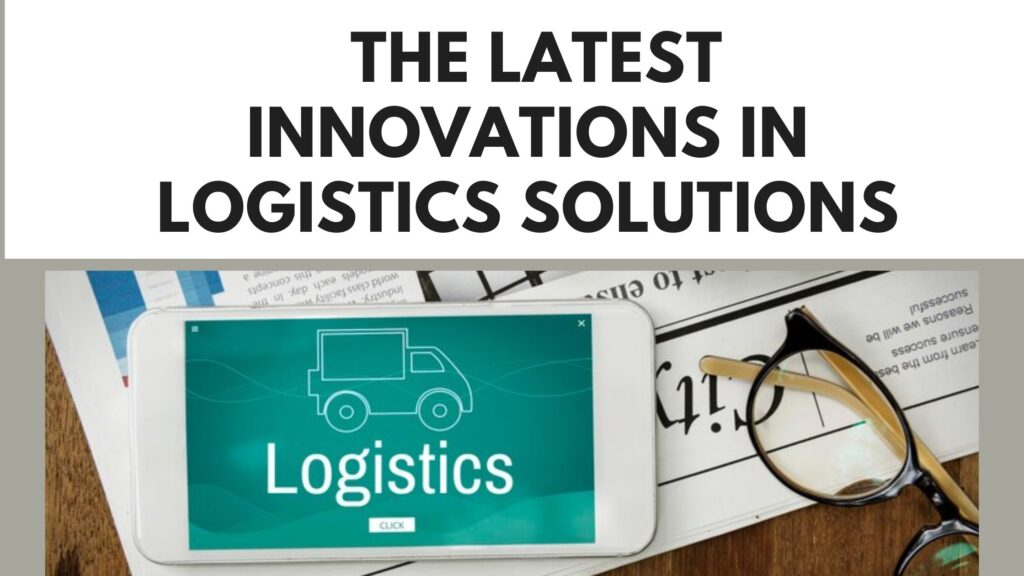
The logistics industry is changing due to new technologies and creative solutions at a time when accuracy and speed are critical. The logistics company is in charge of transporting items from point A to point B with the highest level of efficiency and cost-effectiveness possible. We will examine the newest developments that have the potential […]
Tips to Protect Trucks and Freight During Winter
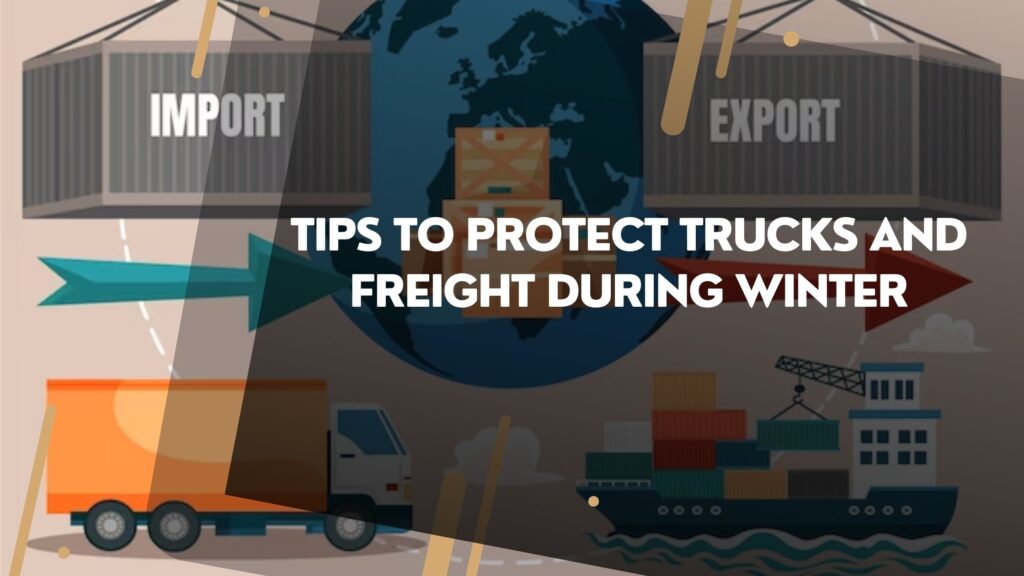
Winter can be hard, especially for freight and trucks that have to drive on ice roads and deal with inclement weather. Making sure your fleet is safe and operating efficiently becomes more important as the weather gets colder. We at Roadies Inc. are aware of the difficulties that winter brings for transportation businesses. This thorough […]
The Advantages of Using Drop Trailers for Freight Shipping
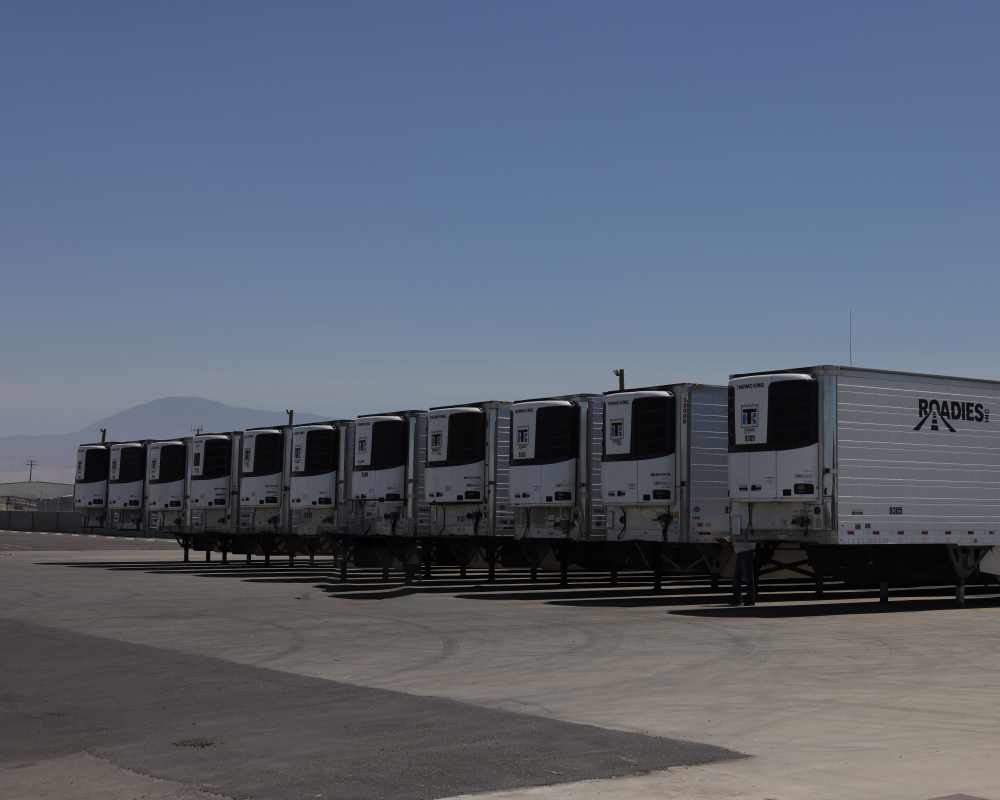
In the dynamic world of freight transportation, efficiency and inventiveness are essential. An increasingly popular option that is growing in popularity as businesses want to simplify their supply chain processes is the use of drop trailers. There are several benefits to freight transportation or Trailer transport services when using these removable cargo containers pulled by a truck […]

